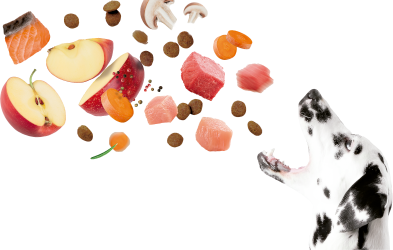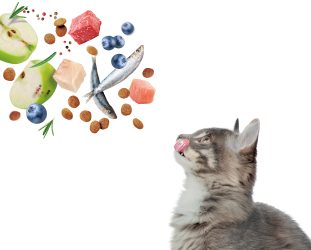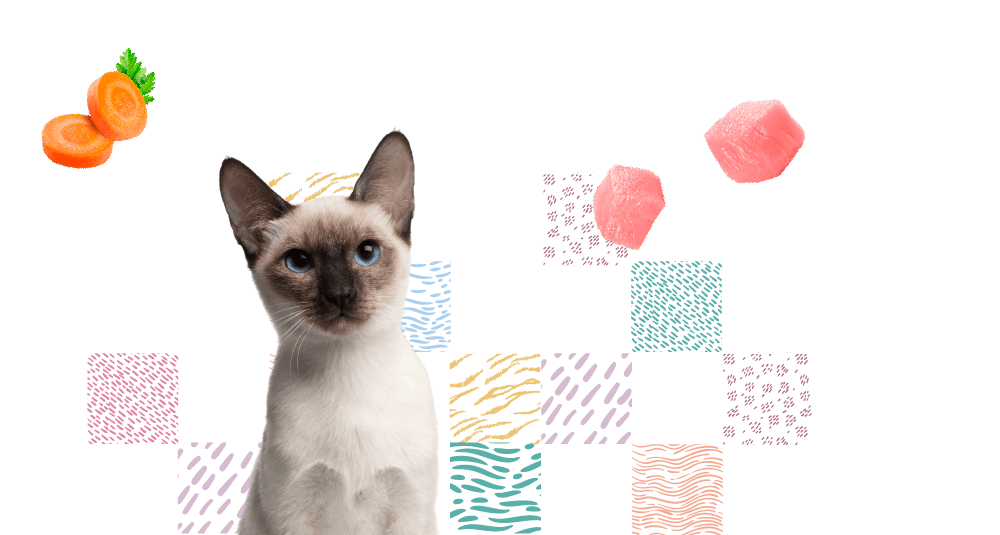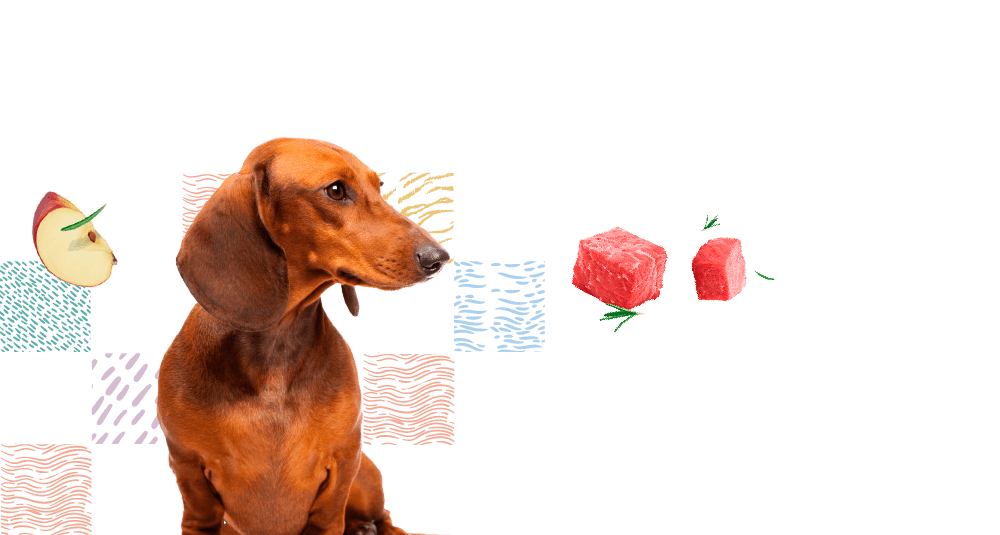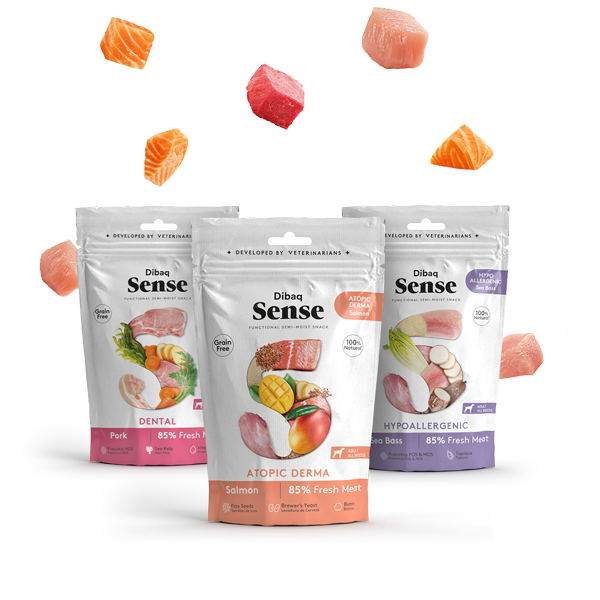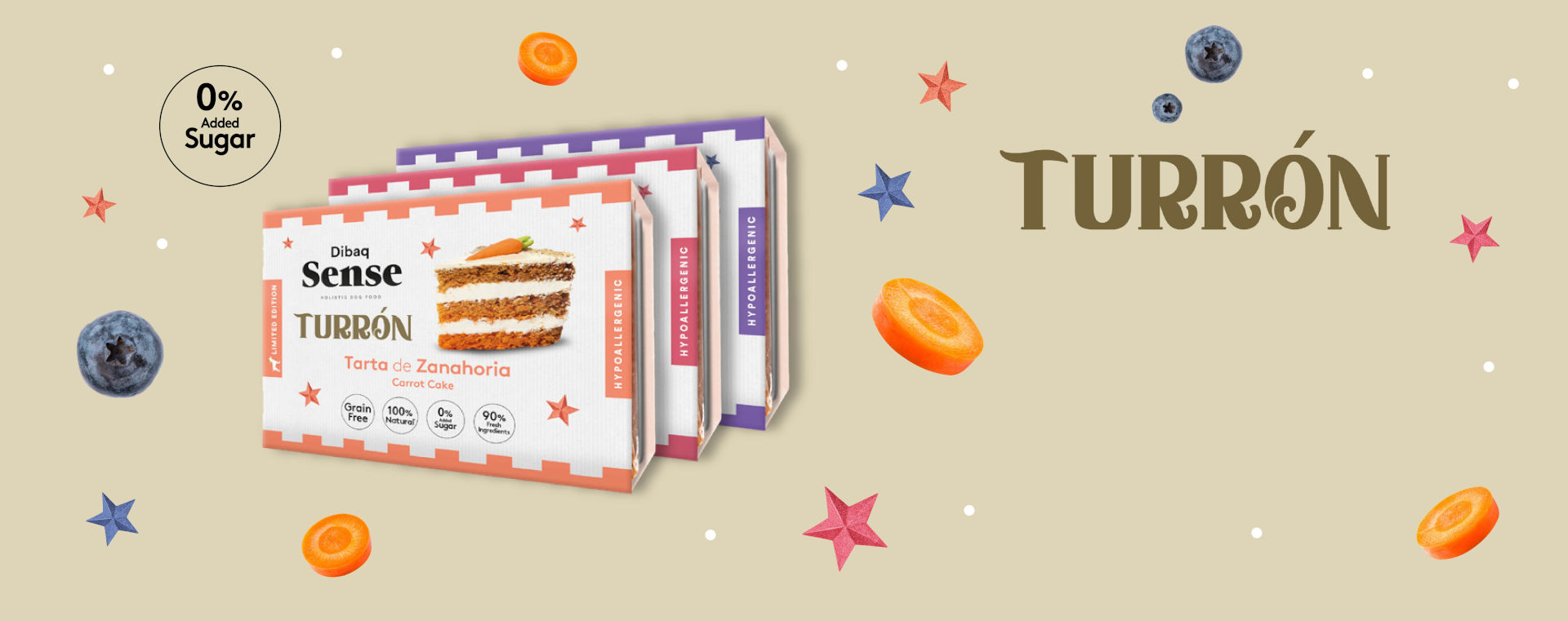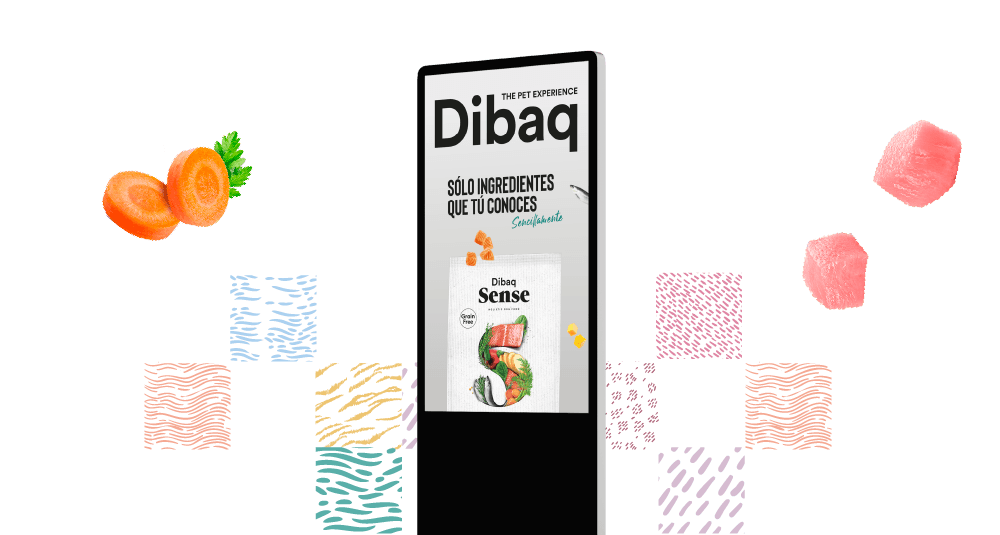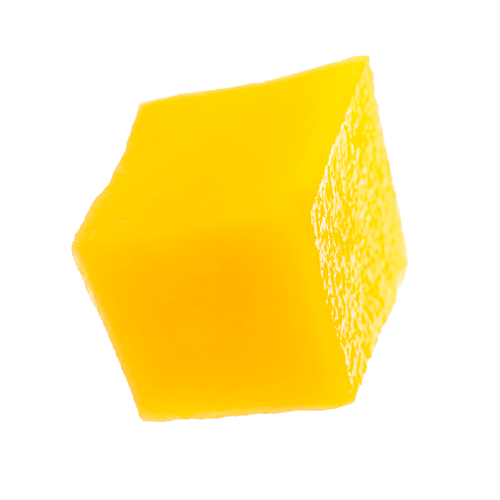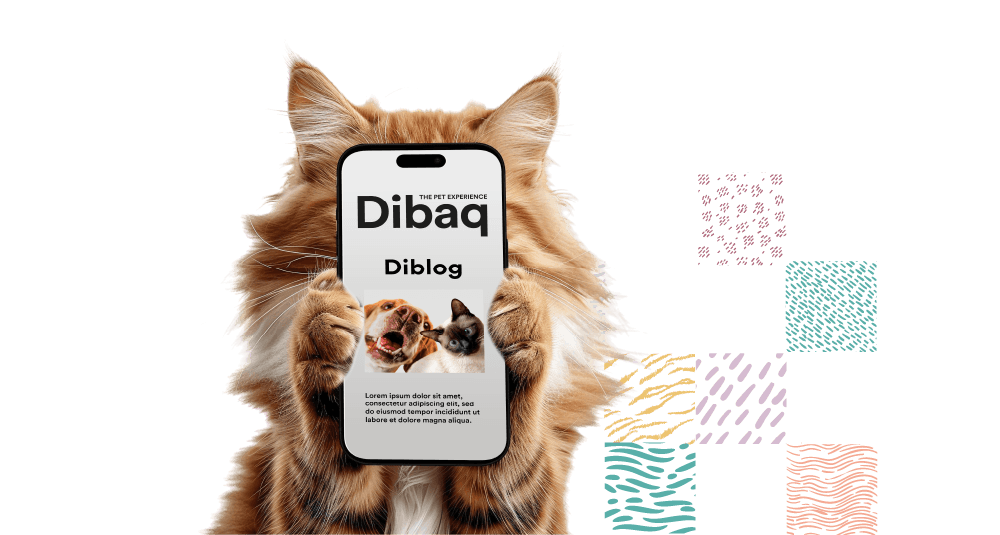Is your kitten older? Adapt the diet to your needs
If a little furry has reigned in your house for years, you will already know their tastes and preferences perfectly. But in the case of their diet you can never let your guard down. Just like us humans, a cat's nutritional needs will change over the years.
Have you adapted his diet to the demands of an older kitten? The choice of the type of food will depend on your age, physiological state and physical condition, your race and the type of life you have previously led, among other factors. Today we give you some clues on how to feed your older cat to provide it with a better quality and life expectancy.
Food, key when a cat ages
Cats spend approximately 40% of their lives in the so-called “senior age” and it is, generally, from the age of 8 or 10 when they begin to be less active and reveal a slower metabolism. Your organs are wearing out, your kidneys and your digestive system will not function in the same way, and therefore you will not have the same capacity to absorb nutrients and fats from food.
To keep your cat at its ideal weight and for its diet to be balanced, it should not abuse certain proteins, to prevent kidney problems, or sugar or calories, to avoid obesity, which can aggravate other collateral health problems. That is why we recommend a type of food that contains:
- A moderate fat content.
- Easily digestible carbohydrates.
- Essential minerals to take care of your joints.
- Fewer calories and sugars to avoid being overweight
- High-quality proteins with a low concentration of phosphorus to protect your kidneys.
- Vitamins B2 and B12 that help blood cell renewal and the central nervous system.
- Omega 3 and 6 and vitamins A and D to reduce cholesterol and strengthen bones.
Look for the quality of the ingredients
Food is key for a cat to live longer, to which adequate health care and healthy lifestyle habits must be added. The quality of the ingredients in the feed you choose for your domestic cat must be optimal and also contain an adequate amount of protein, phosphorus and fatty acids. You can search among Dibaq Petcare's various ranges of senior cat food to find the one that best suits your furry battle companion. They are all made with top quality raw materials and natural ingredients that promote the health of the kitten and will help it to be fed in a balanced way.
Soft food for your teeth
Instead of dry food, choose to give your senior kitten wet food that makes it easier for him to eat. This type of food is softer and therefore easier to chew when your teeth begin to deteriorate with age, which can cause pain and discomfort and, therefore, loss of appetite. That is why you should be more careful than ever with his oral hygiene and look for a wet food that he likes so that he has to exert less pressure with his jaw when chewing.
More hydration through food
Adult cats, with age, lose the ability to feel thirsty, but drinking enough water will be essential for their kidneys to function well. That is why you should be attentive to your kitten's water intake and his diet will be a good ally to achieve correct hydration. If your dog has trouble drinking enough water, wet food will help provide him with an extra amount of hydration. Also always try to have its bowl clean and with fresh water.
The essential thing for your furry friend will be that you manage to maintain his appetite, so you don't have to be as strict as before and if you see that your cat prefers one thing or another you can give in a little to his culinary inclinations. The important thing will be that you don't stop eating. And remember that, if there is any strange sign in your companion's health, do not hesitate to consult with a veterinarian, in addition to increasing the frequency of check-ups.
And continue enjoying life together!
Share this content

